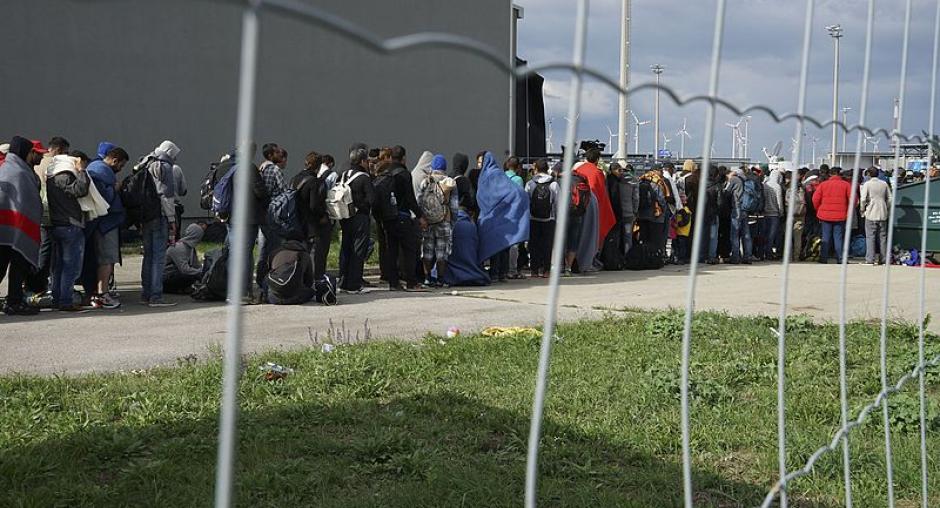Rules for administrative detention of migrants the focus of OSCE/ODIHR, Council of Europe consultation meeting with National Preventive Mechanism representatives in Strasbourg

Representatives of National Preventive Mechanisms (NPMs) from OSCE participating States and Council of Europe member States discussed a draft compilation of European rules related to the administrative detention of migrants at a consultative meeting organized by the OSCE Office for Democratic Institutions and Human Rights (ODIHR) and the Council of Europe on 31 May and 1 June in Strasbourg.
“National Preventive Mechanisms are at the forefront of monitoring places of detention in our region, including those intended for migrants, and it is of utmost importance that their expertise and experience in the prevention of torture or other ill-treatment be taken into consideration in any legislative or standard-setting process related to the deprivation of liberty,” said Stephanie Selg, ODIHR Adviser on Torture Prevention.
“Together with our partners from the Council of Europe, we provided a platform for NPMs from our respective regions to contribute their insights and country-specific knowledge to the process of compiling existing European rules applicable to the administrative detention of migrants into a comprehensive document that would reinforce the protection of and guarantees for migrants,” she added.
Representatives of the UN Subcommittee on the Prevention of Torture and the European Committee for the Prevention of Torture, as well as NGO representatives and other relevant actors took part in the discussion on the draft compilation, prepared by the European Committee on Legal Co-operation. The NPM representatives expressed concerns over the draft, in particular with regard to the scope of its application and the definition of detention, and stressed that the outcome document should not lower the existing standards of the administrative detention of migrants.
In the second part of the event, NPM representatives discussed criteria for analyzing their work, including further co-operation with the newly-established NPM Observatory, an NGO that intends to observe, analyse and assess the work of NPMs, at their request, to improve their effectiveness in preventing torture.
"The Council of Europe very much appreciates the synergy that has been developed with OSCE/ODIHR related to co-operation with NPMs, which allows them to benefit from the combined know-how and support of both organizations,” said Markus Jaeger, Head of Division at the Human Rights Policy and Co-operation Department of the Council of Europe’s Directorate General Human Rights and Rule of Law.
